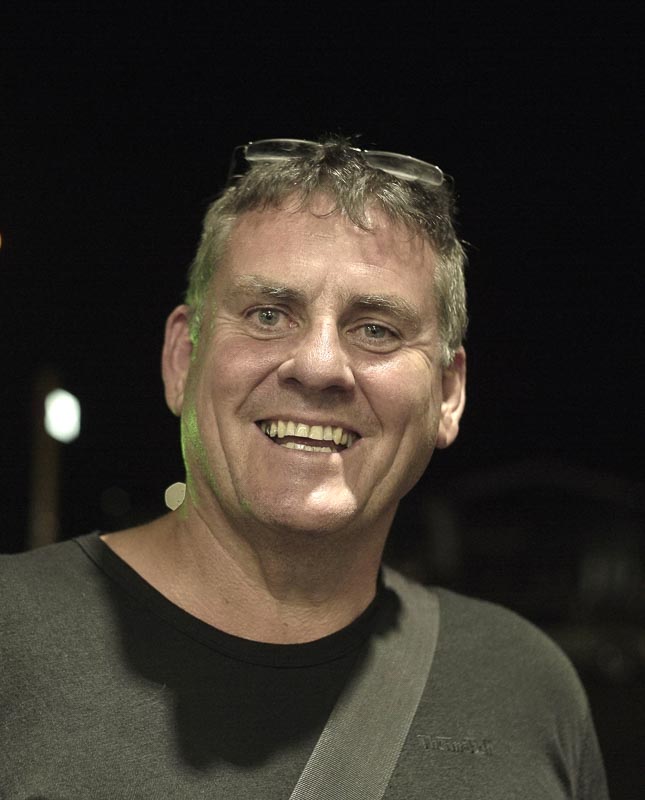
Once upon a crime: Stefan Harris
New Zealand crime-novelist and police officer, Stef Harris took time out of his busy film production schedule to chat with Metropol writer Natalia Macrides-Pantos about life as a crime writer.
A computer screen springs to life. A beating cursor, a story waiting to be written. Well-schooled fingers kick into gear. Time becomes irrelevant, especially when a veteran cop, no longer working the night shift, is hell-bent on finishing the first draft of his novel.
A mug of cold tea sits, untouched. Stef Harris eases off the keys, and sighs. A pause. It’s good. Hands behind his head, he sits back reading. End of chapter. Time to sip from a cold cuppa. It’s awful. The tea is. The chapter is good. He smiles.
This is how I imagine active-duty police officer and New Zealand best-selling author, film creator, director and producer Stef Harris. Writing somewhere quiet, away from the peculiar and chaotic, or equally mundane humdrum that everyday police work offers. Chatting writer to writer, I asked; Who is Stef Harris? What does it take to be a crime novelist?
To answer these, we first need to identify the calm composure that police officers exude, add a ready chuckle, and a hard-working disposition wrapped in a friendly demeanour. Meet Stef, a writer from as early as “Form 4”, when he was competing against the man who became current Kiwi film maestro, Sir Peter Jackson. Secondly, we need to see people as Stef does; a sum total of many aspects, separate from their jobs, and the actions that shape their lives. “We are not always what we do,” explains Stef.
Relatable topics of human conflict make for intriguing moral questioning. Knowing this and understanding this, is what makes for great storytelling, and great stories need great characters.
“You do tend to love your criminal character,” laughs Stef, who also answers to father of four, and husband. On top of those, he is a man who followed his passion and chased down his dreams.
His latest book Double Jeopardy features a father whose daughter’s murderer is released from prison. What questions will this elicit for readers? you might ask. “Having written a book is like spending hours with someone, sharing your perspective,” explains Stef. “It’s very different from the collaboration needed for film making. If I’ve done my job right, my audiences will have something to think about.”
Stef’s advice for writers is fourfold: Start. Tell a story. Practise the how and keep at it, if you want it enough.



